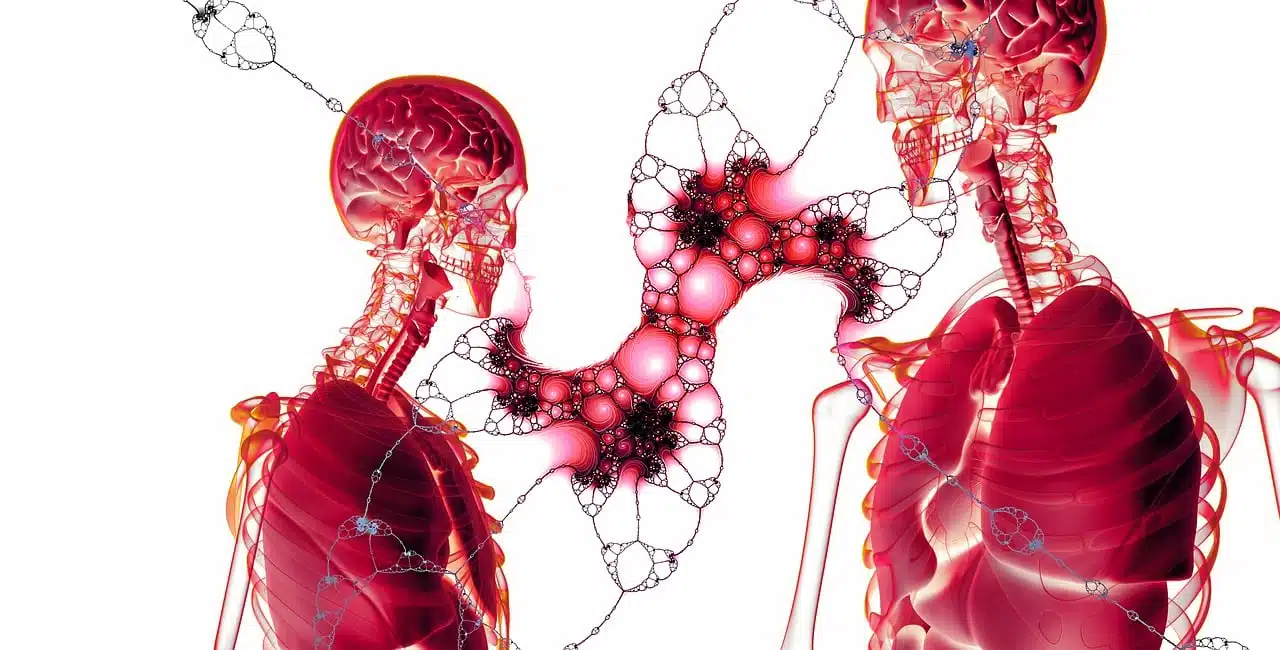
Hypovolemia represents a significant decrease in the normal amount of blood.
Hypovolemia is the medical condition characterized by a significant decrease in the normal amount of blood . This reduction in blood volume can be caused by various factors, such as dehydration or hemorrhage .
However, we cannot ignore the fact that there are other causes that can cause someone to suffer from hypovolemia. Thus, among those are heat stroke, peritonitis, burns, marasmus (malnutrition), an adverse reaction or Lassa fever, which is a disease that is transmitted through rats.
Individuals with hypovolemia
The individual who suffers from hypovolemia is notable for his paleness, suffers from tachycardia, and has a weak pulse. The heart, as a result of the blood alteration, is forced to increase its activity, while the blood stops reaching the superficial areas and only reaches the most important organs of the body. The epithelial structure cools (as the temperature drops to decrease the oxygen demand that drives blood flow) and breathing becomes faster (in an attempt to provide more oxygen).
In case of hypovolemia, doctors should give saline solution to increase blood pressure and normalize pulse.

Bleeding can lead to hypovolemia.
hypovolemic shock
The syndrome that occurs when the circulating volume of blood is reduced to such a degree that the heart is no longer able to pump enough blood to the body is known as hypovolemic shock , hypovolemic shock or hemorrhagic shock .
Wounds, fractures, alterations in blood clotting , peritonitis or gastrointestinal bleeding are some of the causes that can cause someone to have hypovolemic shock.
With hypovolemic shock, cells do not receive the amount of blood they need to perform their functions, which can cause organs to not function normally. This syndrome, therefore, requires urgent medical attention.
When it comes to stopping this aforementioned crash, the medical professional will resort to various actions and treatments based on the cause, repercussion or severity of the crash. But yes, you must act, as we mentioned above, urgently because the brain and heart can last a very short time without receiving the necessary blood supply.
This will mean that if action is not taken very quickly, the affected person, in less than ten minutes, will not only enter a situation of brain death but may also die without any type of remedy.
Keeping the person warm so that they do not go into a state of hypothermia, placing an intravenous line, administering the necessary medications and increasing their blood pressure are some of the actions necessary to alleviate the aforementioned shock, which, as we say, can have serious and fatal consequences if not it acts appropriately. These also include kidney damage or gangrene of the arms and legs that requires amputation.
Hypovolemia, therefore, can lead to hypovolemic shock. Human beings, however, can suffer a loss of up to 10% in their blood volume without major consequences on blood pressure or cardiac output.
